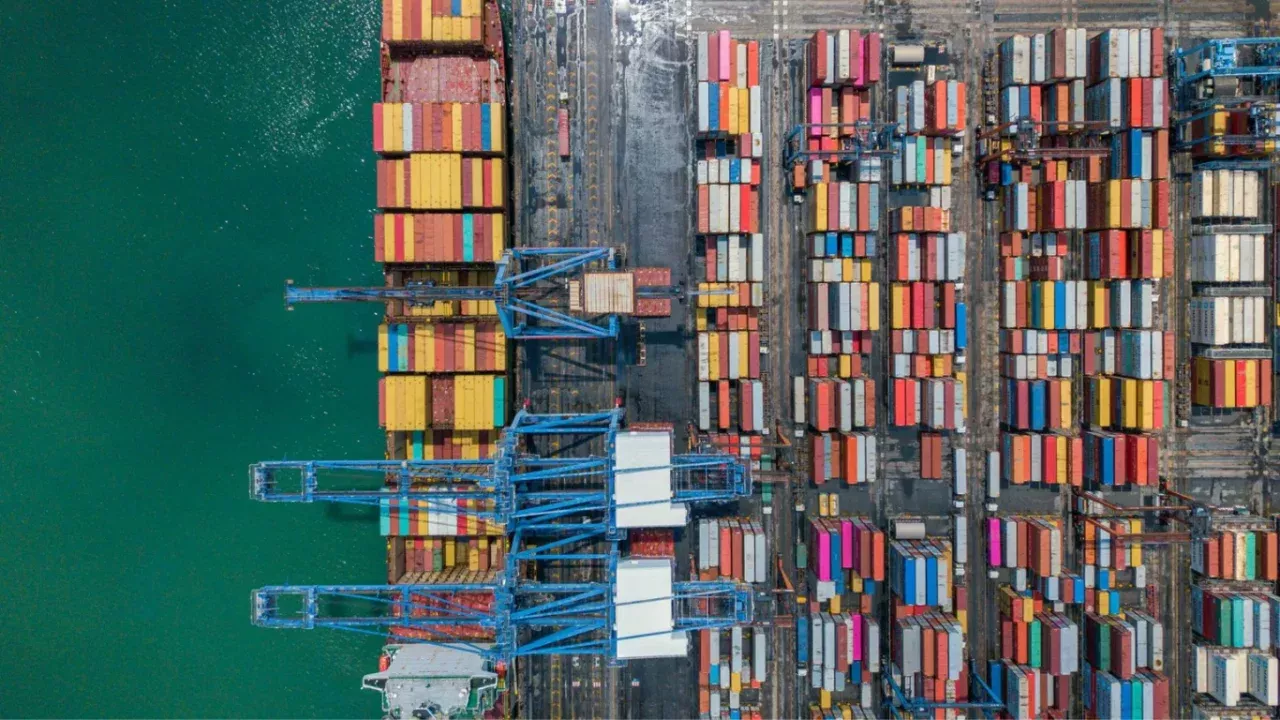US tariffs have complicated exports from Southeast Asia

The tariffs announced by US President Donald Trump on April 2 were a serious blow to countries in Southeast Asia that rely on exports. This was reported by Zamin.uz.
The tariffs increased by up to 49 percent, negatively impacting the electronics, textile, and microchip industries. For example, a 36 percent tariff rate was set for Thailand.
Richard Han, head of a microelectronics company, called this situation a "real blow." Later, Thailand managed to reduce this rate to 19 percent, but negotiations were difficult.
Thailand lagged behind in negotiations due to political conflicts with Vietnam, a weak government, and diplomatic disagreements with the US. The US's demand for access to the agricultural market intensified internal pressures in Thailand.
In particular, local farmers, especially pig producers, are worried about competition. The US accuses Southeast Asia of secretly passing Chinese products.
If these accusations are found to be justified, even stricter measures may be taken. Local producers admit that adapting to the new conditions is challenging.
This process is having a significant impact on the region's industry and export sectors.







